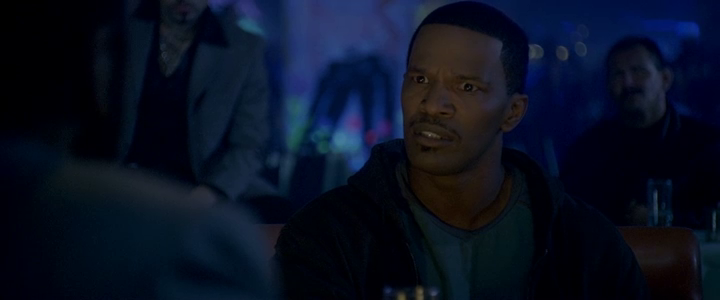Every screenwriting handbook offers its own conception of this structural step. In fact, the first reason to have a Midpoint – i.e., something strong – at the middle of Act II is to feed viewers’ engagement during the longest portion of the script. When the excitement generated by a story’s beginning starts to wane, and the climax is still far away, you need a twist, a powerful event to recharge the audience’s attention, curiosity, and expectations.
What I mean is that, in McKee’s words, the midpoint is not an “obligatory” scene. It is less unavoidable than the Inciting Incident or the dilemmatic choice at the apex of Act III. The generality of the Midpoint’s main function has offered screenwriting gurus the freedom to theorize and propose what should work best halfway into a film. Writers can occasionally emphasize this passage too much, though. In my opinion, Chris Vogler falls prey to this temptation in The Writer’s Journey, where he discusses the “Supreme Ordeal” quite a bit more than he does the critical moment that tops the movie – the Climax.
My opinion? The Midpoint is when the hero, just when the mission appears achievable, is reminded that the task is terribly difficult. So, in middle of Act II, the hero faces a choice and an obstacle that anticipates the final battle. For example, in The Truman Show, Truman, in the car with his wife, chooses to escape by crossing the sea (here via a bridge; in Act III on a boat). In Finding Nemo, Marlin chooses not to trust Dory, who gets trapped in a school of jellyfish (at the end of the film he will trust Nemo, letting him help Dory, now trapped in a fisherman’s net).
Okay, okay. It’s too little? Am I wrong? You want something more? You want to brush up on the Midpoint? I have what you’re looking for.
Here, a post where Doug Eboch dissects the concept and gives examples.
Here, a video essay on the Midpoint of Collateral (which is also a good analysis of this great movie).


Be First to Comment